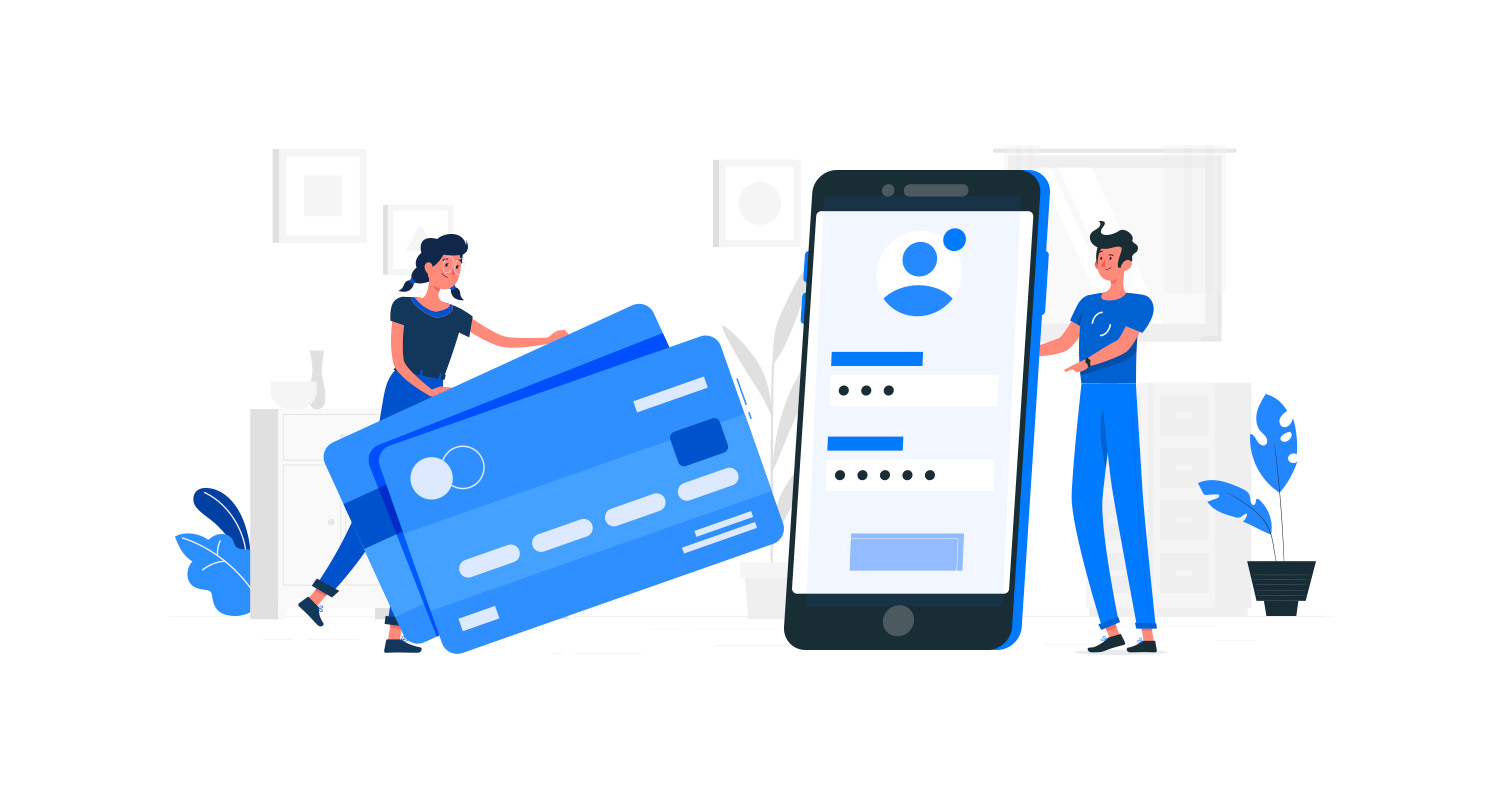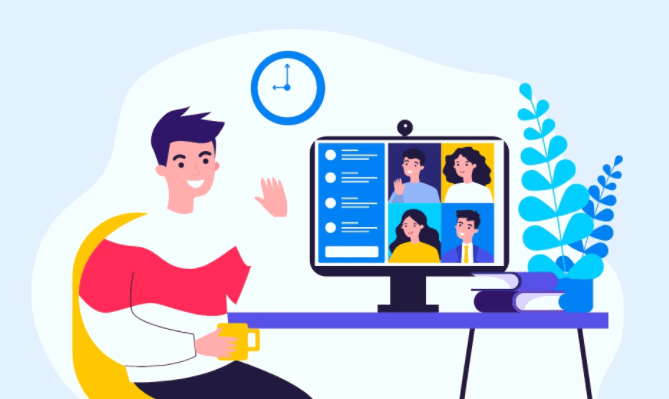
Introduction
In today’s digital era, the role of job portal apps in connecting job seekers with potential employers cannot be overstated. These platforms have revolutionized the recruitment process, making it more efficient and accessible. In this article, we delve into the world of job portal app development company, exploring its intricacies, challenges, and key considerations.
Understanding Job Portal App Development
Job portal apps serve as virtual marketplaces where job seekers can browse through job listings and employers can post job openings. They provide a centralized platform for recruitment activities, streamlining the hiring process for both parties involved. The importance of these apps lies in their ability to bridge the gap between employers and job seekers, facilitating meaningful connections and opportunities.
Key Features of a Successful Job Portal App
To stand out in the competitive landscape, a successful job portal app must possess several key features. These include a user-friendly interface, advanced search options, resume builder and profile management tools, as well as notification and alert systems to keep users updated on relevant job opportunities.
Steps to Develop a Job Portal App
Developing a job portal app involves several crucial steps, starting with market research to identify target demographics and competitor analysis. This is followed by design and prototyping, development and testing, and finally, deployment and maintenance to ensure smooth operation and regular updates.
Challenges in Job Portal App Development
Despite their numerous benefits, job portal apps also face certain challenges. Data security concerns, scalability issues, and ensuring user engagement are among the key challenges that developers need to address during the development process.
Trends in Job Portal App Development
The landscape of job portal app development is constantly evolving, with new trends shaping the industry. AI-driven recruitment, blockchain for secure transactions, and virtual career fairs are some of the emerging trends that are revolutionizing how job portal apps operate.
How to Choose the Right Job Portal App Development Company
Selecting the right development company is crucial for the success of your job portal app. Factors to consider include assessing expertise and experience, reviewing portfolio and client testimonials, as well as evaluating pricing and support services offered by the development firm.
Benefits of Outsourcing Job Portal App Development
Outsourcing job portal app development offers several benefits, including cost-effectiveness, access to specialized skills, and faster time to market. By partnering with a reliable development firm, you can ensure the timely delivery of a high-quality and feature-rich app.
Case Studies
To gain a deeper understanding of the impact of job portal apps, let’s explore some success stories of companies that have leveraged these platforms to enhance their recruitment efforts.
Conclusion
In conclusion, the development of a job portal app requires careful planning, execution, and ongoing maintenance. By understanding the key features, challenges, and trends in the industry, as well as selecting the right development partner, you can create a successful app that meets the needs of both job seekers and employers.
FAQs
- How much does it cost to develop a job portal app? The cost of developing a job portal app can vary significantly based on several factors such as the features and complexity of the app, the platform (iOS, Android, web), geographic location of the development team, and additional services required. On average, the cost can range from $20,000 to $100,000 or more for a basic to a fully-featured job portal app. It’s essential to consult with experienced app development companies to get a tailored quote based on your specific requirements.
- How long does it take to develop a job portal app? The timeline for developing a job portal app depends on various factors, including the complexity of the app, the scope of features, the platform(s) targeted, and the development team’s size and expertise. Typically, the development process can take anywhere from three to nine months or even longer for highly complex projects. It’s essential to work closely with your development team to establish a realistic timeline based on your project requirements and priorities.
- What technologies are used in job portal app development? Job portal app development involves a combination of front-end and back-end technologies to create a seamless user experience and robust functionality. Front-end technologies commonly used include HTML, CSS, JavaScript, and frameworks like React Native or Flutter for cross-platform development. On the back end, technologies such as Node.js, Python, Ruby on Rails, or Java are often used, along with databases like MySQL or MongoDB. Additionally, APIs for integrating third-party services and cloud platforms for hosting and storage are also utilized.
- How do job portal apps make money? Job portal apps employ various monetization strategies to generate revenue. Some common methods include:
- Subscription-based models: Offering premium memberships with access to advanced features, enhanced visibility for job listings, or additional services.
- Job posting fees: Charging employers a fee to post job openings on the platform, either on a per-listing basis or through subscription packages.
- Advertising: Displaying targeted advertisements from employers, recruiting agencies, or other relevant businesses.
- Premium services: Offering value-added services such as resume writing, career coaching, or skill assessment tests for a fee.
- Can you integrate social media with a job portal? Yes, integrating social media features into a job portal app can enhance user engagement and streamline the recruitment process. Common social media integrations include:
- Social login: Allowing users to sign in or register using their social media accounts like LinkedIn, Facebook, or Google.
- Sharing job listings: Enabling users to share job openings with their social networks, increasing the reach and visibility of listings.
- Social profiles: Integrating social media profiles into user profiles, providing additional information and context to potential employers.
- Networking features: Facilitating networking opportunities by connecting users with professionals in their field or industry through social connections.
- What support services do job portal developers offer? Job portal developers offer a range of support services to ensure the smooth operation and maintenance of the app. These may include:
- Technical support: Providing assistance with app troubleshooting, bug fixes, and performance optimization.
- Updates and upgrades: Delivering regular updates to introduce new features, enhance security, and improve user experience.
- Hosting and server management: Managing servers, databases, and infrastructure to ensure scalability, reliability, and security.
- Data management: Implementing data backup, recovery, and security measures to protect user information and maintain compliance with regulations.
- Training and documentation: Offering training sessions, user guides, and documentation to help clients and end-users navigate the app effectively.
These support services are essential for ensuring the long-term success and sustainability of job portal apps.



















